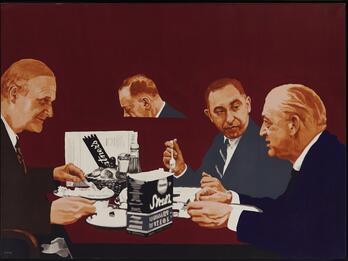Six Prayers
Annelise Albers
1965–1966
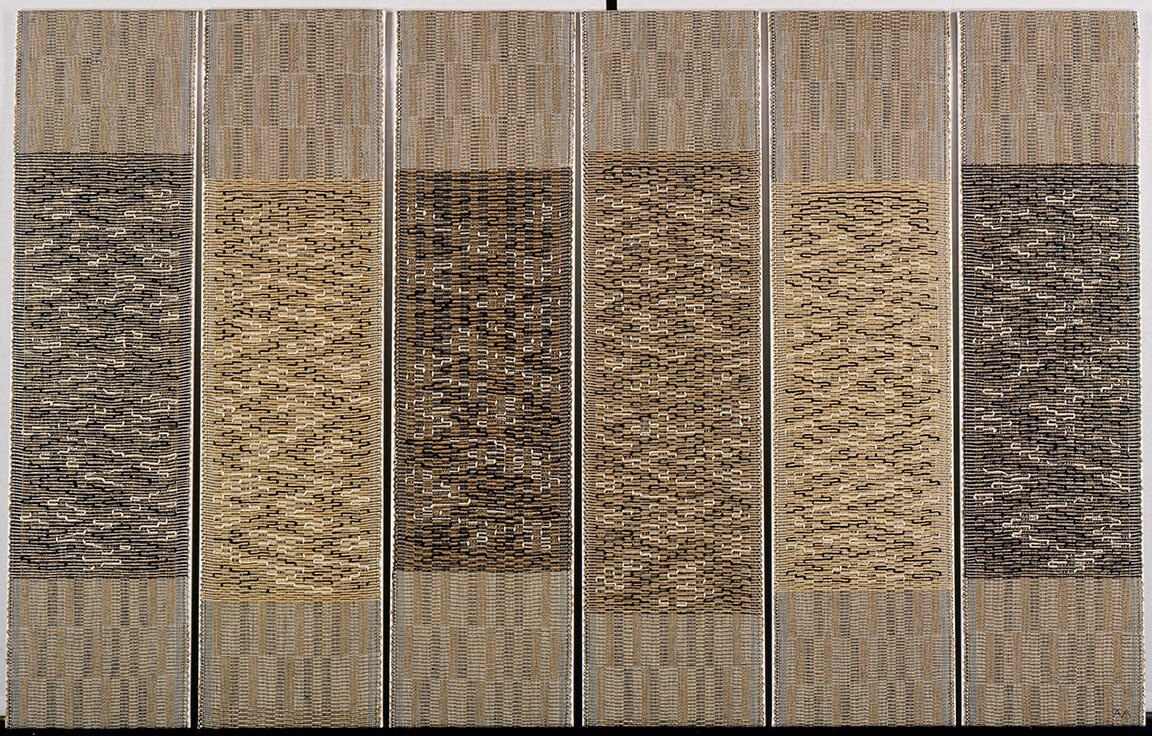
Creator Bio
Annelise Albers
Anni Albers is recognized as one of the most influential textile designers of the twentieth century. Born Annelise Fleischmann in Berlin, she attended the renowned Bauhaus school, where she began to experiment with weaving and fiber art, receiving her diploma in 1929. After the Nazis shut down the Bauhaus, Albers and her husband, artist Josef Albers, moved to North Carolina. During their time there, Albers continued designing and weaving with nontraditional materials. In 1949, she became the first textile artist to hold a solo exhibition at the Museum of Modern Art in New York. She later developed an interest in printmaking, her bold designs embodying the abstract, geometric aesthetic characteristic of the midcentury modern movement.
Related Guide
Visual and Material Culture in the Mid-Twentieth Century
Jewish visual art flourished and diversified in the postwar period, reflecting the social and political transformations taking place in the world.
Places:
You may also like
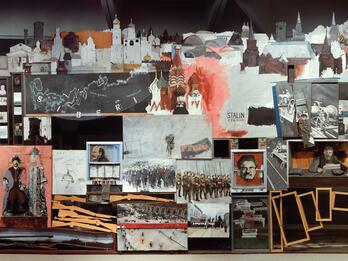
The History of the Russian Revolution: From Marx to Mayakovsky
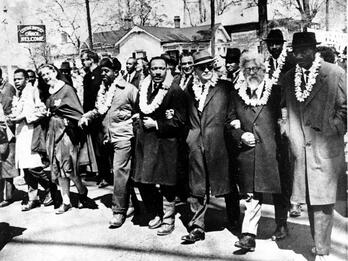
Abraham Joshua Heschel Marching with Martin Luther King in Selma, Alabama, March 21, 1965
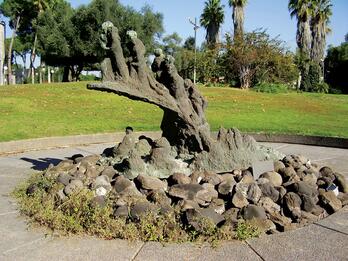
Holocaust and Rebirth (Kibbutz Nezer Sereni, Israel)
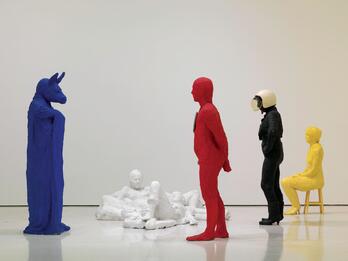
The Costume Party

“Chickensouperman” from L’il Abner
